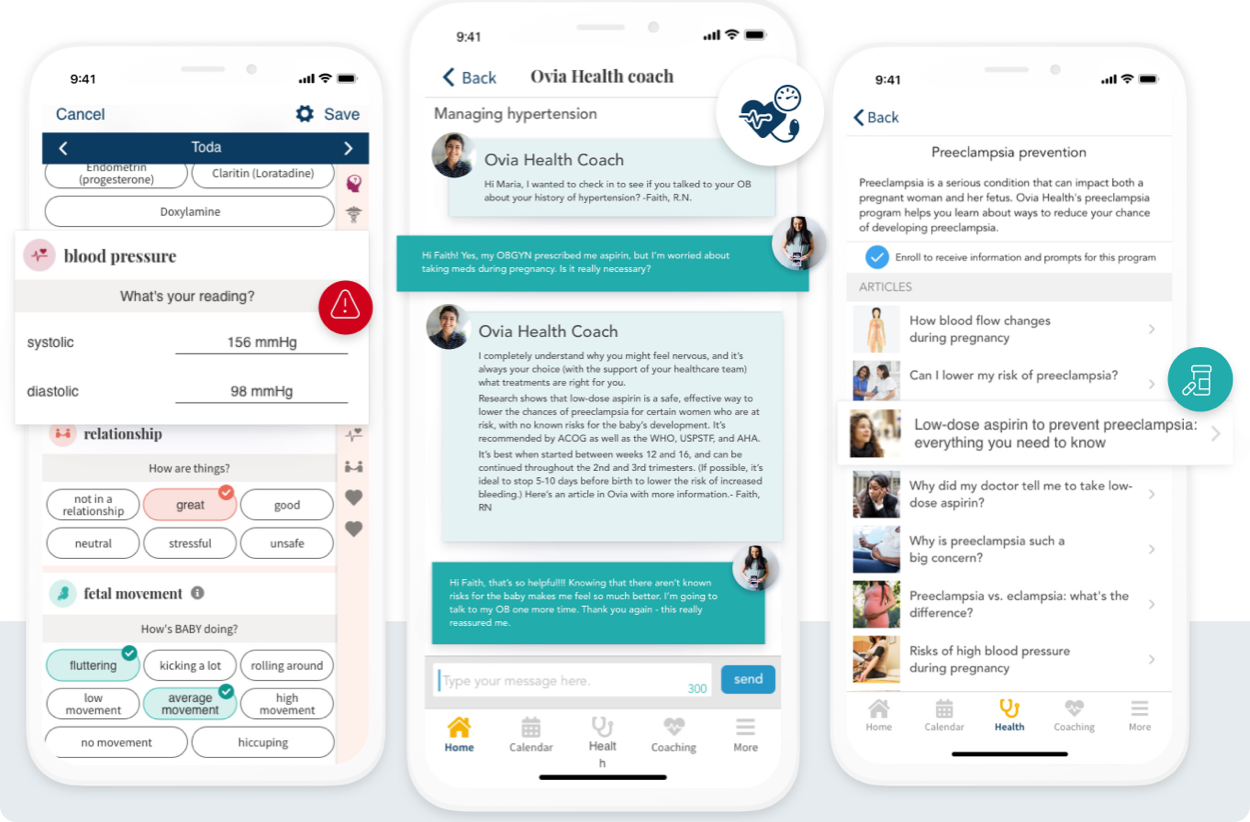- Patients Patients
Reproductive Genetics Testing
Patient Resources
Cost & Billing
- Providers Providers
- Genetic Counseling
- Login Login
- Estimate My Cost

postpartum care
Testing during the
fourth trimester
Sometimes, your doctor may suggest follow-up testing for new moms. Talk to your doctor about if additional tests might need to be performed on you.

Your body after baby: The first 6 weeks
Many things are happening in your body right after you have a baby. Some changes are physical and others are emotional. More information about common postpartum discomforts and what to do about them can be found here. Talk to your provider if you are worried about any discomforts or concerns.
Postnatal testing
Diabetes Screening
Testing for Pediatric Wellness
Well-baby exams: what to expect during routine checkups
At your child’s well-baby visit, the doctor or nurse will order screening tests that are most appropriate for your child’s age and risk factors. Pediatric preventative care tests help to detect risks for illness, disease, and other possible health concerns for your child.
Tests & Risk Assessment to be performed with appropriate action to follow, if positive:
- Anemia risk assessment (4 months)1
- Lead risk assessment (6 & 9 months)1
- Tuberculosis risk assessment (By 1 month & 6 months)1
Other Assessments to be performed routinely, unless otherwise noted:
- Vision1
- Hearing1
- Developmental Screening (9 months)1
- Developmental Surveillance1
- Psychosocial/Behavioral Assessment1
Tests & Risk Assessment to be performed with appropriate action to follow, if positive:
- Anemia test (12 months), risk assessment (15 months–4 years)1
- Lead risk assessment (12, 18, 24 months; 3 & 4 years)*
- Tuberculosis risk assessment (12 months, 24 months, 3 & 4 years)1
- Dyslipidemia risk assessment (24 months & 4 years)1
*Perform risk assessments as appropriate, based on universal screening requirements for patients with Medicaid or high prevalence areas.
Other Assessments to be performed routinely, unless otherwise noted:
- Vision1
- Hearing1
- Developmental Screening (18, 30 months)1
- Developmental Surveillance (12, 15, 24 months)1
- Psychosocial/Behavioral Assessment1
- Autism Spectrum Disorder Screening test (18 & 24 months)1
For more on childhood tests and risk assessments, visit AAP.org.
Tests & Risk Assessment to be performed with appropriate action to follow, if positive:
- Anemia risk assessment annually1
- Tuberculosis risk assessment annually1
- Tobacco, Alcohol, or Drug Use risk assessment annually1
- Dyslipidemia screening (annually at 11 years and 17–21 years); risk assessment (annually between 12–16 years)1
- HIV screening (annually at 15–18 years); risk assessment annually from 11–14 years and 19–21 years)1
- Sexually Transmitted Infections risk assessment annually
Other Assessments to be performed routinely, unless otherwise noted:
- Vision1
- Hearing: One time between 11–14 years, 15–17 years, and 18–21 years1
- Developmental Surveillance1
- Psychosocial/Behavioral Assessment1

pediatric diagnostic testing
Understanding pediatric genetic conditions
Everyone hopes that his or her baby is born healthy and most of the time that is true, but sometimes there is a need for further testing to help diagnose conditions that can arise as your baby grows and develops.
If you want to know more about conditions with a genetic origin, you can find more information on our websites.
OVIA® parenting APP
Ovia is your companion for the journey ahead.
Track baby’s day with Ovia™ Parenting so you always know when the next feeding, nap, or diaper change is coming. Record important developmental milestones and sweet family pictures securely in the app.

- American Academy of Pediatrics. Recommendations for Preventive Pediatric Health Care. Updated February 2017.


